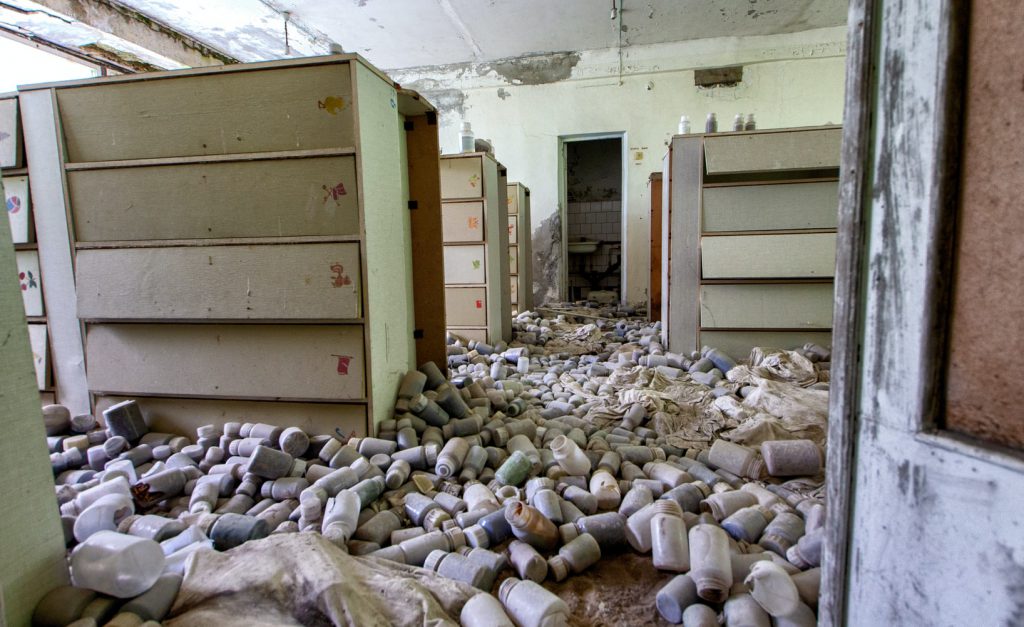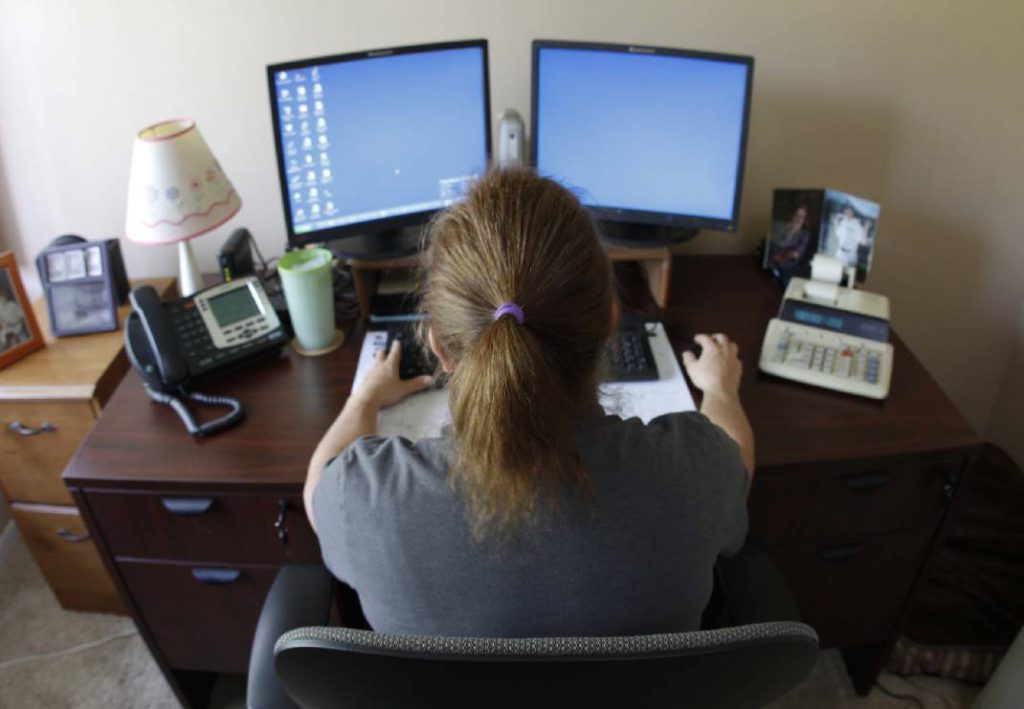Archive for Issue 319
MEPs call on EU Commission to step up action against dangerous chemicals
The Environment, Public Health and Food Safety Committee within the European Parliament adopted a resolution by 65 votes to 1 and 14 abstentions, calling on the Commission to come up with a new chemicals…
EU Funding Opportunities through the European Social Fund
The European Social Fund (ESF) is the EU’s main programme for supporting jobs, helping people get better jobs and ensuring fairer job opportunities for all EU citizens. The Programme thus focuses on employment, social…
“Meta wieħed jagħlaq għajn waħda jkun qed jikkontribwixxi fin-negliġenza”
“Jekk wieħed jagħlaq għajn waħda fl-obbligi marbutin mas-Saħħa u s-Sigurtà ikun qed jikkontribwixxi fin-negliġenza.” Hekk stqarr Aldo Busuttil, Prattikant fis-Saħħa u s-Sigurtà, f’intervista ma’ Voice of the Workers fil-jiem li għaddew. Aldo Busuttil stqarr li mill-ħafna twissijiet u assigurazzjonijiet maħruġa…
Staying relevant at the place of work
COVID-19 has affected our personal lives and places of work. Organisations have never experienced such rapid changes to what they do and how they function, with remote working and social distancing becoming the new normal. However, the Coronavirus was not the only factor that affected our work practices. New technologies have been influencing the world of work for quite some time. Some jobs will surely be affected by automation. We already know, for instance, that some routine tasks in low-skilled jobs are being automated. Moreover, various technologies out there are waiting to be adopted. To mention just a few, let us think of artificial intelligence and drone technology. Are we truly prepared for more technological tools? How will new technology impinge on the workforce? Given, the fast-changing scenario, several technical skills will become obsolete. COVID-19 showed us how fast we have to adapt. Several workers were suddenly working remotely, leading and managing teams virtually, relying on video conferencing for collaboration and meetings, amongst other tasks. Investing in our personal development and growth is critical. The more we upskill and reskill, the more valuable we are in the eyes of our current and future employers – the more we are for future changes in our career progression. UHM Voice of the Workers is in continuous discussion with the relevant stakeholders in order to establish how technology could help places of work be more flexible and to enable workers to work remotely. Besides, with the rise of technology the human element will become important. We will need to draw more on soft skills like creativity, adaptability and critical thinking. All in all, we have to identify any gaps in our skills that are likely to prevent us from achieving future goals, stay focused, be curious and just keep on learning.




